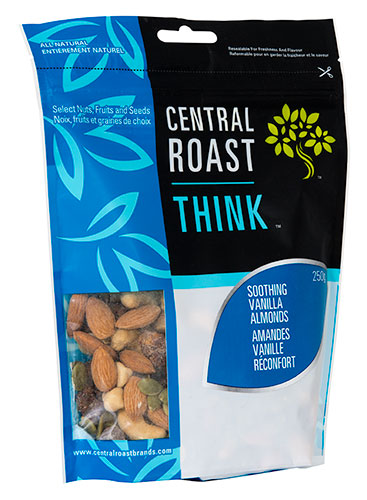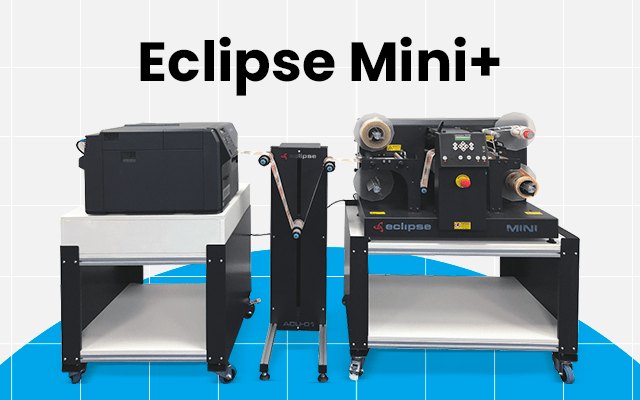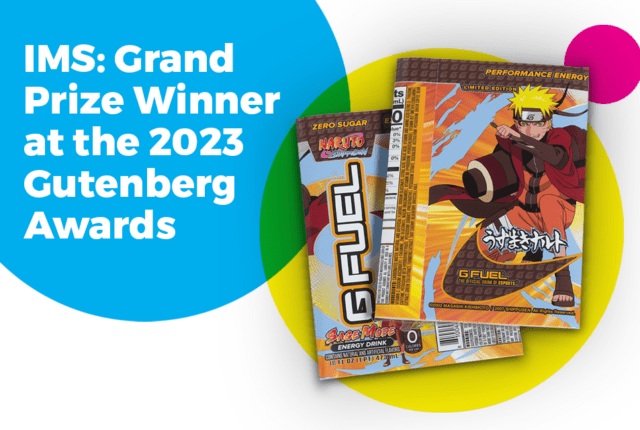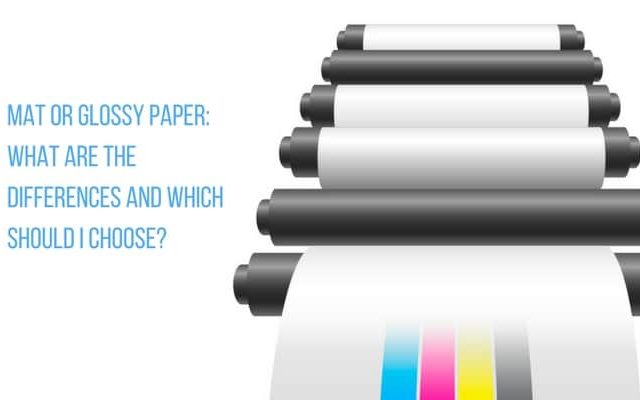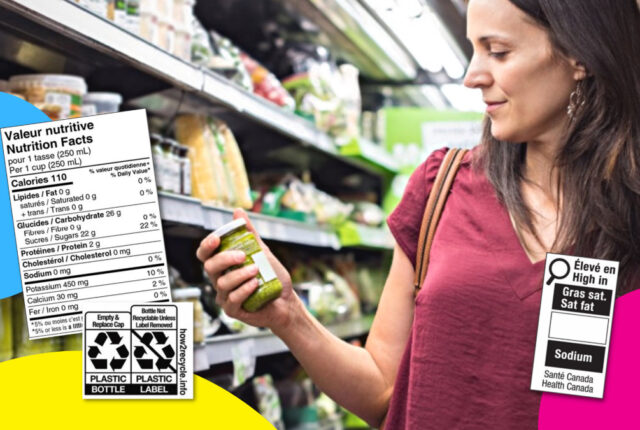Two unrelated initiatives to improve the recyclability of flexible packaging are now under way, one in North America and one in the U.K. Both are aimed at creating a recovery solution for flexible packaging to divert as much of it as possible from the waste stream.
Both these projects have involvement from large manufacturers. The American project, Materials Recovery for the Future, will have the collaboration of Pepsi Co, Dow chemicals, Proctor and Gamble, Nestlé Purina, SJ Johnson while the U.K. project will be partnering with Dow, Nestlé, Unilever, Amcor and others.
Both projects are now testing sorting techniques for recycling. The USA project is currently evaluating how effective common industry sorting equipment and techniques can filter out flexible packages, while in the U.K. tests are underway on a new technique called NIR (Near Infra-red) sorting technology to detect and separate mixed polyolefin (PP and PE) packaging, such as sweet wrappers, crisp packets and bread bags.
The UK group also announced recently that they had made significant progress in the redesign of packaging by substituting non-compatible combinations of polymers with ones that can actually be blended together. This is a step towards solving one of the biggest problems in flexible packaging recycling, namely the difficulty in separating their sometimes complex structures. Further down the road the UK project also plans to develop ways to reprocess the flexibles into high quality plastic pellets to be used by manufacturers to create new products.
With flexible packaging attaining it’s maturity and with 80 billion units of single and multilayer pouches produced in 2014 in the USA alone (Fredonia Research Group), It is encouraging to see that large corporations, industry associations and the U.K. government working hard to reduce the environmental impact that flexible packaging can have. Even so, given the technical challenges it is a long road ahead to full recyclability. In the words of the Reflex Project Group: ‘It is anticipated that the market will follow a similar model to that for plastic bottle recycling and take ten years to mature to a point at which more than 50% of flexible packaging is diverted from the waste stream.’’
Let’s hope things go faster than that.

